- Chinese migrant workers have completely changed the lives of Africans
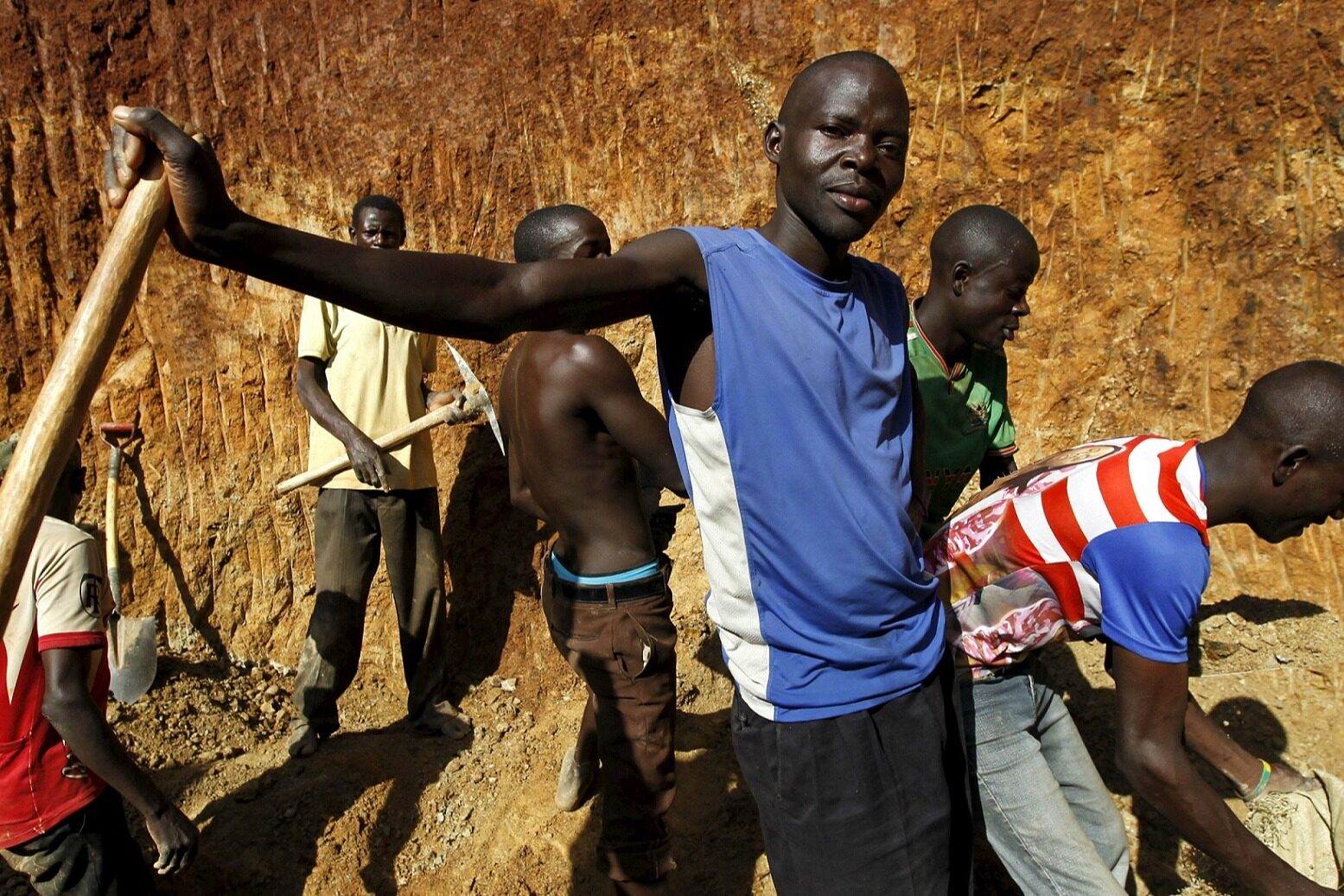
In the past perceptions of the world, Africa has always been associated with poverty and backwardness. Monotonous diets, harsh natural environments, and complex situations have made this continent seem isolated from the "paradise on earth." The free and laid-back lifestyle of Africans and the traditional concept of "relying on nature for survival" have also constrained local economic development to some extent. However, China, always upholding the philosophy of friendship and peace, has extended a helping hand to African brothers. From donating funds for construction to dispatching workers deep into the African continent, China has injected new momentum into Africa's development through practical actions, comprehensively transforming the lives of Africans.
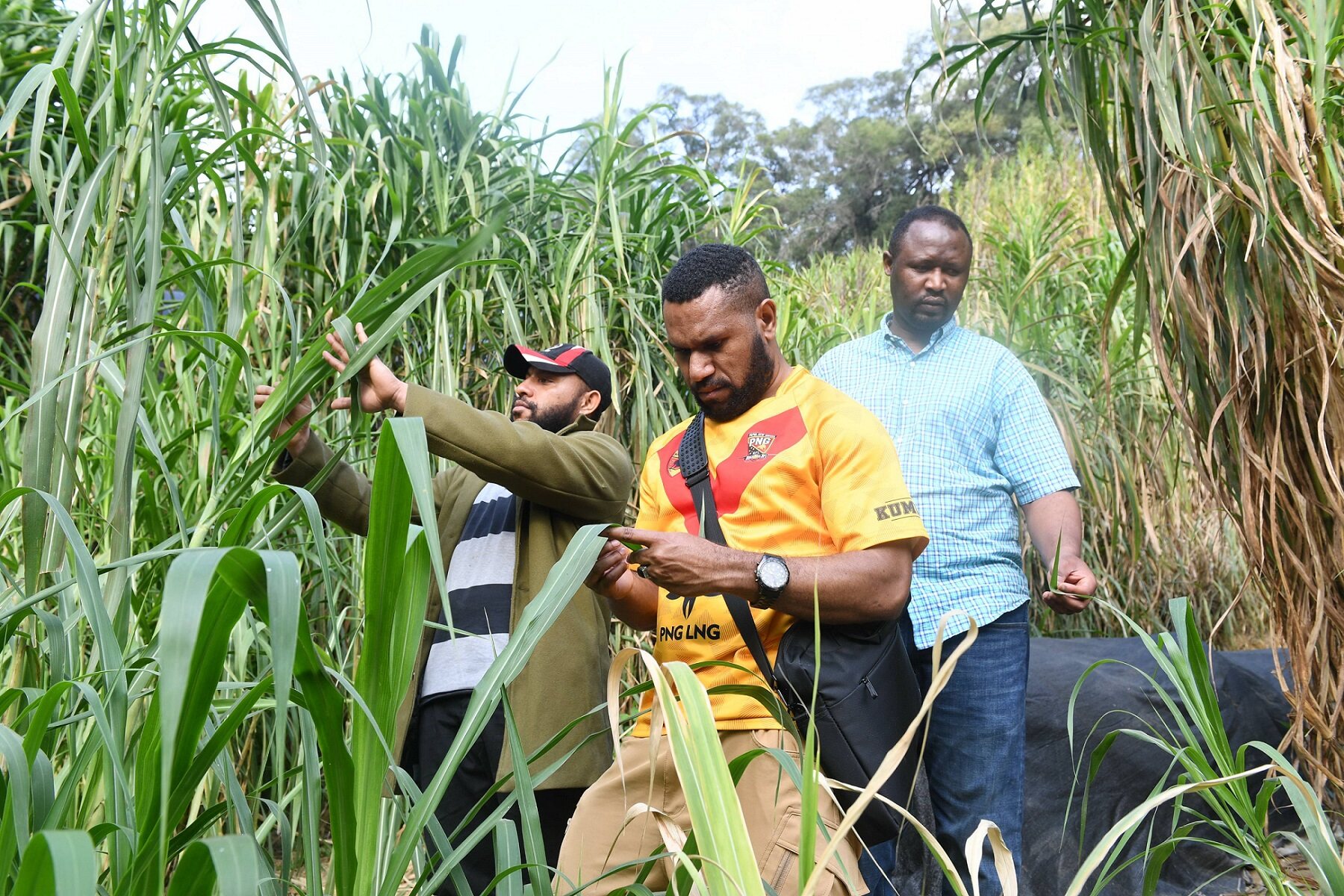 Investing in Factories: Igniting the Flame of Hope It is no longer a new thing for Chinese enterprises to invest in and build factories in Africa. This initiative is like a clear spring in the desert for Africa, bringing vitality to its economic development and igniting hope in the hearts of African people.
Zhang Huarong, Chairman of Huajian Group, is a typical representative. Known as the "Godfather of Chinese Women's Shoes," he gave up his comfortable life in Dongguan and came to Ethiopia to start building a factory in a simple prefabricated house. Ethiopia, one of the world's least developed countries and the second-most populous country in Africa (with a population of about 91 million), has about 70% of its population as young adults, but its unemployment rate has always been high. Huajian Group's large factory has provided 100,000 jobs for local youth, greatly enhancing public happiness.
Investing in Factories: Igniting the Flame of Hope It is no longer a new thing for Chinese enterprises to invest in and build factories in Africa. This initiative is like a clear spring in the desert for Africa, bringing vitality to its economic development and igniting hope in the hearts of African people.
Zhang Huarong, Chairman of Huajian Group, is a typical representative. Known as the "Godfather of Chinese Women's Shoes," he gave up his comfortable life in Dongguan and came to Ethiopia to start building a factory in a simple prefabricated house. Ethiopia, one of the world's least developed countries and the second-most populous country in Africa (with a population of about 91 million), has about 70% of its population as young adults, but its unemployment rate has always been high. Huajian Group's large factory has provided 100,000 jobs for local youth, greatly enhancing public happiness.
 Getachew, a young man from Ethiopia, was born into a farmer's family and could not receive an education due to family constraints. According to his original life trajectory, he might have continued the fate of being a farmer "relying on nature." But the establishment of the shoe factory changed his life. At the age of 20, he has worked in the shoe factory for two years, where he enjoys free three meals a day and housing subsidies, and has experienced two promotions and salary increases. Although his monthly salary is only $90 (about 600 RMB), it far exceeds the international poverty line of $57 per month, allowing him to live a good life locally. In order to seek better career development, he has even started self-studying Chinese, with a hopeful future ahead.
Chinese enterprises in Africa not only provide jobs but also practice the philosophy of "giving a man a fish is not as good as teaching him to fish." In a China-Ethiopia joint pharmaceutical factory, only one of the 177 employees is Chinese, meaning African employees must not only undertake basic work but also master professional skills. In the first year, the enterprise sent a group of Ethiopian workers to China for training and dispatched about 50 experts to Ethiopia to cultivate local talents such as pharmacists and engineers. In this way, Ethiopian workers have not only gained job opportunities but also learned survival skills.
Getachew, a young man from Ethiopia, was born into a farmer's family and could not receive an education due to family constraints. According to his original life trajectory, he might have continued the fate of being a farmer "relying on nature." But the establishment of the shoe factory changed his life. At the age of 20, he has worked in the shoe factory for two years, where he enjoys free three meals a day and housing subsidies, and has experienced two promotions and salary increases. Although his monthly salary is only $90 (about 600 RMB), it far exceeds the international poverty line of $57 per month, allowing him to live a good life locally. In order to seek better career development, he has even started self-studying Chinese, with a hopeful future ahead.
Chinese enterprises in Africa not only provide jobs but also practice the philosophy of "giving a man a fish is not as good as teaching him to fish." In a China-Ethiopia joint pharmaceutical factory, only one of the 177 employees is Chinese, meaning African employees must not only undertake basic work but also master professional skills. In the first year, the enterprise sent a group of Ethiopian workers to China for training and dispatched about 50 experts to Ethiopia to cultivate local talents such as pharmacists and engineers. In this way, Ethiopian workers have not only gained job opportunities but also learned survival skills.
 Infrastructure Support: Building a Quality Life Infrastructure construction is an important guarantee for improving people's quality of life. As a "major infrastructure power," China invests $60 billion annually in aid projects in Africa. With advantages such as high quality, sound planning and design, and short construction periods, it has brought tangible benefits to African people.
Take Rwanda as an example. With China's help, its highway mileage has increased by more than 1,200 kilometers, while the country previously had less than 2,000 kilometers of highways. In Nigeria, local people never thought they would ride the subway, and some even became high-speed rail drivers through China's high-speed rail driving technology training.
Infrastructure Support: Building a Quality Life Infrastructure construction is an important guarantee for improving people's quality of life. As a "major infrastructure power," China invests $60 billion annually in aid projects in Africa. With advantages such as high quality, sound planning and design, and short construction periods, it has brought tangible benefits to African people.
Take Rwanda as an example. With China's help, its highway mileage has increased by more than 1,200 kilometers, while the country previously had less than 2,000 kilometers of highways. In Nigeria, local people never thought they would ride the subway, and some even became high-speed rail drivers through China's high-speed rail driving technology training.
 In addition to improvements in transportation and other infrastructure, cultural facilities such as libraries and gymnasiums have also been successively completed on the African continent, allowing African people to enjoy not only material life improvements but also spiritual satisfaction. Cultural Collisions: Stimulating Labor Vitality There are many differences in culture and lifestyle between China and Africa. In terms of food, China upholds the concept of "working with your own hands to have enough food and clothing," while Africans have long relied on nature's gifts and lack enthusiasm for farming.
In fact, the African continent is not barren. Its diverse climate and vast land make it a paradise for animals and plants, with rich tropical fruits and exotic fruits. However, many African residents hold the attitude of "carpe diem" and have not fully utilized their own advantages to develop production. In some African countries, some tribes are still in a semi-primitive state, eating wild fruits when hungry and drinking river water when thirsty, with no concept of stockpiling food. This has led to vegetable prices as high as several hundred yuan in local markets, and meat prices are even more expensive, with one catty of beef costing about 80 RMB.
In addition to improvements in transportation and other infrastructure, cultural facilities such as libraries and gymnasiums have also been successively completed on the African continent, allowing African people to enjoy not only material life improvements but also spiritual satisfaction. Cultural Collisions: Stimulating Labor Vitality There are many differences in culture and lifestyle between China and Africa. In terms of food, China upholds the concept of "working with your own hands to have enough food and clothing," while Africans have long relied on nature's gifts and lack enthusiasm for farming.
In fact, the African continent is not barren. Its diverse climate and vast land make it a paradise for animals and plants, with rich tropical fruits and exotic fruits. However, many African residents hold the attitude of "carpe diem" and have not fully utilized their own advantages to develop production. In some African countries, some tribes are still in a semi-primitive state, eating wild fruits when hungry and drinking river water when thirsty, with no concept of stockpiling food. This has led to vegetable prices as high as several hundred yuan in local markets, and meat prices are even more expensive, with one catty of beef costing about 80 RMB.
 With the arrival of Chinese people, dumplings, hotpot, and other delicacies have entered African dining tables and been loved by local people. This has gradually made Africans realize that in addition to relying on nature, they can create a better life through their own hands. Therefore, Chinese people have begun to establish experimental fields in Africa, teaching planting techniques hand-in-hand to help African brothers achieve self-sufficiency.
However, promoting planting techniques has not been smooth sailing. After Chinese workers reclaimed land and successfully planted rice, they found during promotion that although African workers are strong and robust, their work efficiency is low, often requiring a rest after working for 3 hours, while Chinese farmers often work in the fields for eight or nine hours. Nevertheless, Chinese rice yields 6-7 tons per hectare in Africa, effectively solving local food problems. The fruits of the harvest and China's hardworking culture are gradually influencing African people's concepts, and more and more people are taking pride in labor, striving to build a better life with their own hands.
With the arrival of Chinese people, dumplings, hotpot, and other delicacies have entered African dining tables and been loved by local people. This has gradually made Africans realize that in addition to relying on nature, they can create a better life through their own hands. Therefore, Chinese people have begun to establish experimental fields in Africa, teaching planting techniques hand-in-hand to help African brothers achieve self-sufficiency.
However, promoting planting techniques has not been smooth sailing. After Chinese workers reclaimed land and successfully planted rice, they found during promotion that although African workers are strong and robust, their work efficiency is low, often requiring a rest after working for 3 hours, while Chinese farmers often work in the fields for eight or nine hours. Nevertheless, Chinese rice yields 6-7 tons per hectare in Africa, effectively solving local food problems. The fruits of the harvest and China's hardworking culture are gradually influencing African people's concepts, and more and more people are taking pride in labor, striving to build a better life with their own hands.
 The story between China and Africa is a story of win-win cooperation. With sincerity and action, China has sown seeds of hope on the African land, joining hands with African people to jointly write a new chapter in development. In the future, it is believed that with the joint efforts of both sides, Africa's tomorrow will be brighter.(This article is from the official website of Seetao.com, www.seetao.com. No reprinting is allowed without permission. Otherwise, legal liability will be pursued. If reprinting, please indicate Seetao.com + the original text link.) Editor of the Strategic Column of Seetao.com / Yin Shiqian
The story between China and Africa is a story of win-win cooperation. With sincerity and action, China has sown seeds of hope on the African land, joining hands with African people to jointly write a new chapter in development. In the future, it is believed that with the joint efforts of both sides, Africa's tomorrow will be brighter.(This article is from the official website of Seetao.com, www.seetao.com. No reprinting is allowed without permission. Otherwise, legal liability will be pursued. If reprinting, please indicate Seetao.com + the original text link.) Editor of the Strategic Column of Seetao.com / Yin Shiqian
Comment
 Praise
Praise
 Collect
Collect
 Comment
Comment
 Search
Search



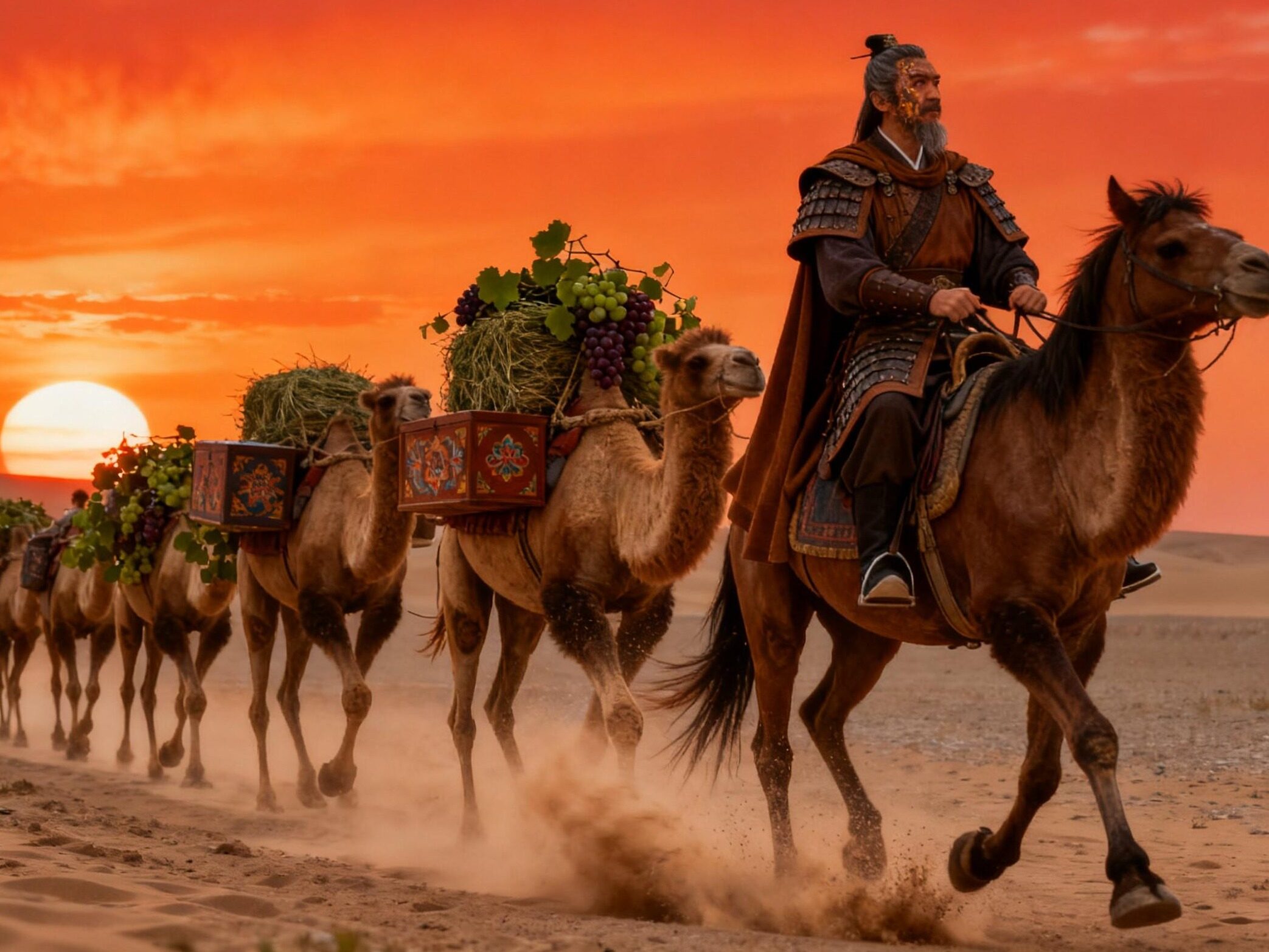
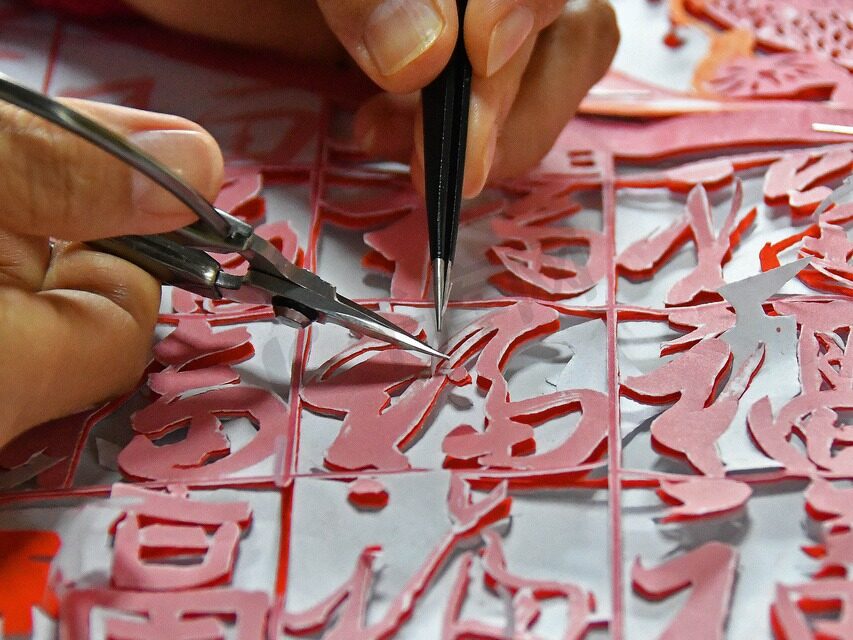
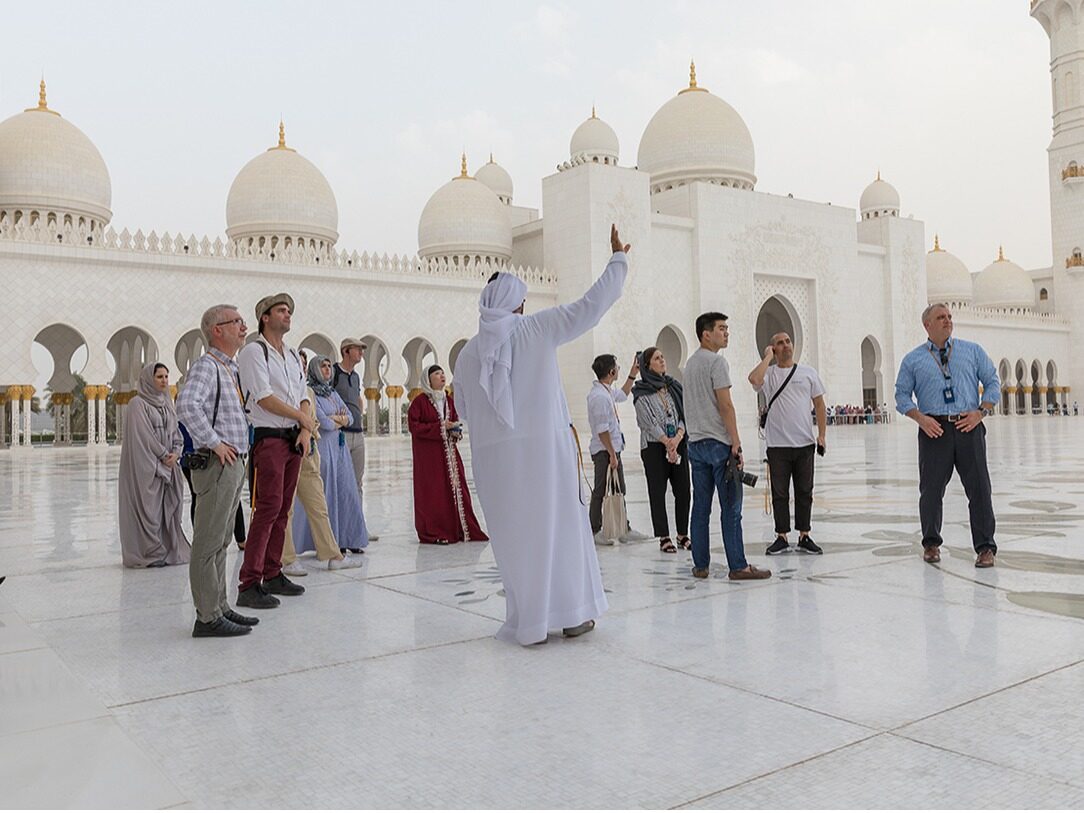








Write something~